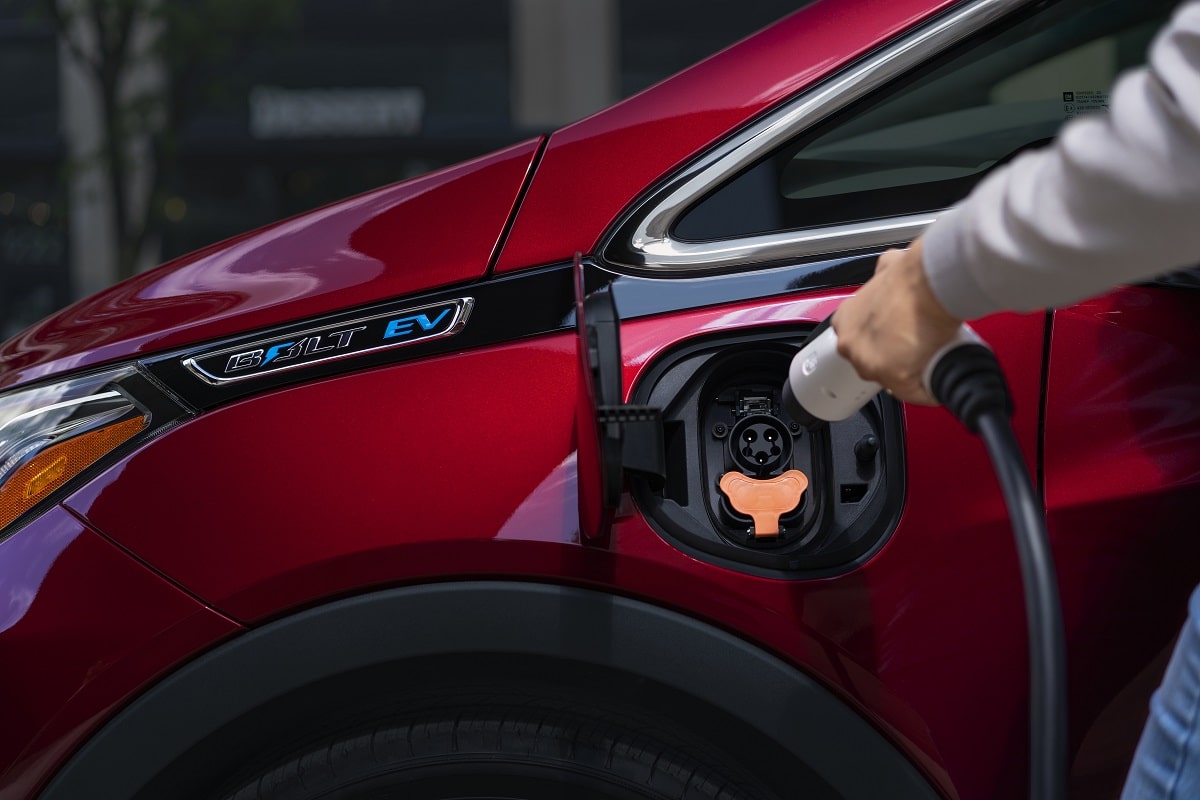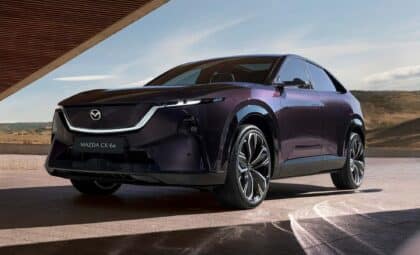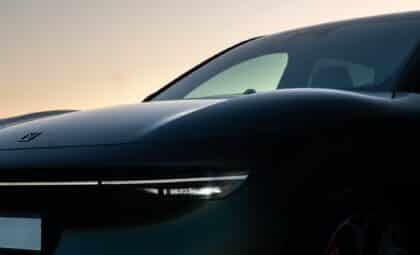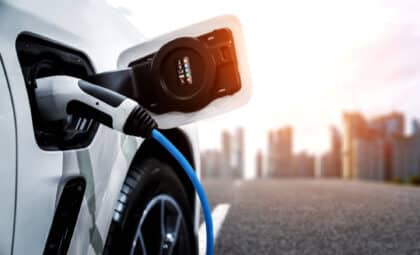If you know anything about computers, you’re probably familiar with solid-state hard drives, or SSDs. They’re a relatively new innovation that improves the technology used in hard disk drives in a number of ways, including much faster load times and a reduced risk of catastrophic failure. The electric vehicle market is on the cusp of making a similar leap with the introduction of solid-state batteries. If it works, the game will have officially been changed.
The above video from Roadshow offers a pretty digestible summary of the concept.
Clean and cool: Learn more about the Chevy Bolt EV
The batteries of today
Trying to dig into the nuts and bolts of battery chemistry is a complicated endeavor, so I’ll do my best to keep it simple. In essence, most batteries — including the ones found in many modern EVs — are based on a lithium-ion format. I can already hear you asking, “is that some sort of weird performance art where a band plays Nirvana’s “Lithium” and Placebo’s “Ion” at the same time?” Sorry to disappoint, but no.
It’s actually a process through which a chemical reaction allows the movement of lithium ions to create an electrical current, which is then passed to whatever it is you’re charging, according to Energy.gov. Frank Markus from MotorTrend says the main downside is that lithium-ion batteries contain a sort of gel, which can freeze or catch on fire and thus require “costly, heavy warming, cooling, and safety monitoring systems.” Plus, their chemical makeup renders insanely fast charging impossible, given the aforementioned flammability.
A solid-state solution
Solid-state batteries, based on their very nature, mitigate a lot of the issues presented by their lithium-ion counterparts. For instance, they contain no liquid or gel, so there’s no reason to worry about them catching aflame unless you huck one into a bonfire, which seems wasteful. Add in the fact that they’re light, can charge quickly due to a reduced sensitivity to heat, could last substantially longer than what we have today, and would likely take up far less space, and you’ve got one appealing package.
A few barriers
However, there are a few things that have stymied engineers at large automakers like General Motors in their attempts to bring solid-state batteries to the masses. The most prominent being that, as the battery heats up and cools down while you drive, it will expand and contract ever so slightly. This can lead to cracks in the casing and unfortunate malfunctions.
The next is cost. Anyone who looked into buying a solid-state hard drive during the tech’s earliest days will tell you one unit could cost you twice as much for a fraction of the storage space.
While we have yet to see solid-state batteries produced on a global scale — and need to remember that the tech has its own fair share of obstacles to overcome — it’s hard to deny the appeal. I mean, If Chevy started selling an electric version of the Equinox tomorrow that you knew could drive for 350,000 miles, save you money at the gas pump, and charge in minutes, wouldn’t you be interested?
It may not run on a battery: But the 2021 Equinox is electrifying









